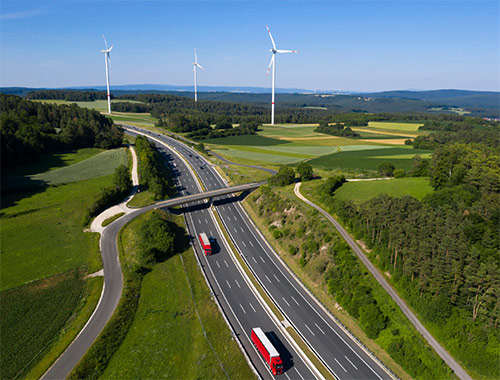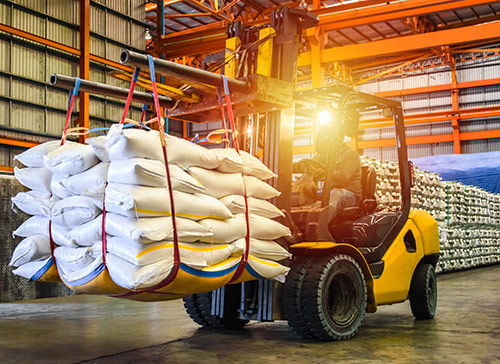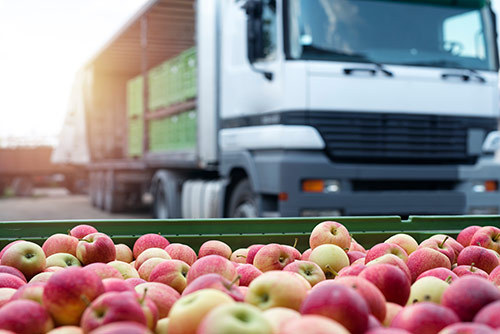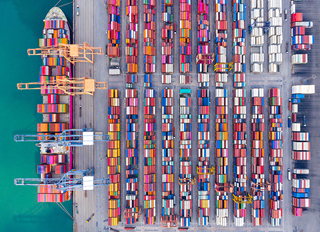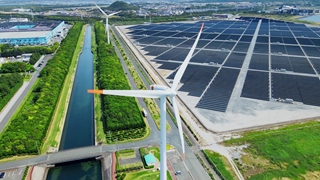.jpg)
Environmental impact of food supply chains
Fast and furious: the rise of environmental impact reporting in food systems
Powerful long-term drivers are increasing both the demand and supply of quantified environmental impact information in food systems. The trend is fast (with many initiatives underway) and furious (presenting a confusing landscape) but has so far received little attention from economists. Better information can inform public and private efforts to reduce environmental pressures. However, the use of different methodologies and reporting requirements could lead to a fragmented landscape. Moreover, there is a risk that poor producers will be disproportionately affected. We discuss the trend, its drivers, impacts and potential pitfalls, as well as the many open research and policy questions.
Click here






